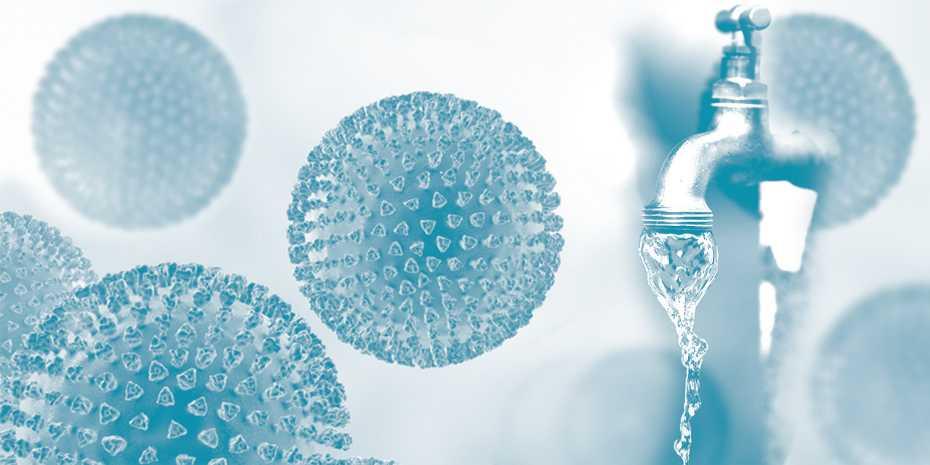
An innovative filter membrane comprised exclusively of biocompatible materials can function as a trap for viruses. According to a press release issued by the Swiss Federal Institute of Technology in Zurich (ETH), up until now reliably removing viruses from water and rendering them harmless had only been possible by using petroleum-based nanofiltration or via costly reverse osmosis processes. The basis material for this filter membrane is a framework made of minute fibers, or fibrils, obtained from denatured whey proteins. This fibril structure was combined with iron hydroxide nanoparticles.
The compostable filter membrane was the result of a development team headed up by Raffaele Mezzenga, Professor of Food & Soft Materials at ETH Zurich. Several Swiss universities were also involved in the research work, including virus specialists from the University of Zurich, the University of Lausanne and University of Geneva, in addition to the Swiss Federal Institute of Technology Lausanne (EPFL), the University of Cagliari in Sardinia and the ETH spin-off BluAct. It is important to note that BluAct holds the patent for this development. According to its website, this “brand-new approach” pursues the goal of making clean drinking water accessible around the world. This aim is helped by the fact that the manufacturing process is, according to ETH Zurich, relatively simple.
The filter membrane is able to practically eliminate a wide variety of water-borne viruses, although it is also suited for use in air filters and face masks. “We are aware that the new coronavirus is predominantly transmitted via droplets and aerosols, but in fact, even on this scale, the virus requires being surrounded by water”, explains Mezzenga in the press release, before adding: “The fact that we can remove it very efficiently from water impressively underlines the broad applicability of our membrane”.
Related news
Contact us
Can we put you in touch with a peer company or research institute? Do you need any information regarding your strategic expansion to Switzerland's technology and business center?
info@greaterzuricharea.com